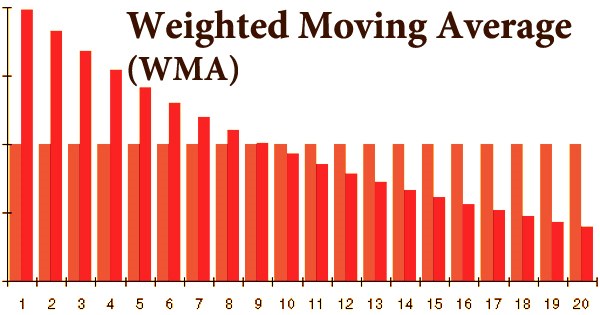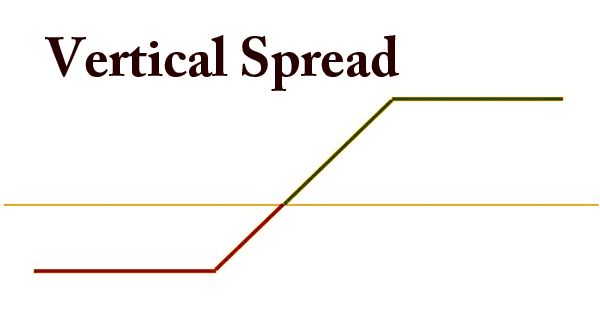Cash Credit
This is an arrangement under which a customer is allowed by the bank to overdraw his current account, up to a certain specified limit. It enables a company to withdraw money from a bank account without keeping a credit balance. For this purpose, the customer is required to deposit some kind of security with the bank to cover the amount of credit (over draft) granted to him. The account is limited to only borrowing up to the borrowing limit. The interest in this facility is charged on the running balance and not the borrowing limit which is given by the bank.
Cash Credit is a short-term source of financing for a company. It is more commonly offered to businesses than individuals. It is one of the important short term sources of finance for a business. The most important benefit of cash credit is its flexibility of deposit and withdrawals.
Important Features
- Borrowing limit – It comes with a borrowing limit determined by the creditworthiness of the borrower.
- Minimum commitment charge – The short-term loan comes with a minimum charge for establishing the loan account regardless of whether the borrower utilizes the available credit.
- Collateral security – The credit is often secured using stocks, fixed assets, or property as collateral.
- Credit period – It is typically given for a maximum period of 12 months, after which the drawing power is re-evaluated.
Advantages
- Source of working capital financing – It is an important source of working capital financing, as the company needs not to worry about liquidity issues.
- Easy arrangement – It can be easily arranged by a bank, provided that collateral security is available to be pledged and the realizable value of such is easily determined.
- Flexibility – Withdrawals on a cash credit account can be made many times, up to the borrowing limit, and deposits of excess cash into the account lowers the burden of interest that a company faces.
- Tax-deductible – Interest payments made are tax-deductible and, thus, reduce the overall tax burden on the company.
Disadvantages
- High rate of interest – The interest rate charged by a loan on cash credit is very high as compared to traditional loans.
- Difficulty in securing – The short-term loan is extended to the borrower depending on the borrower’s turnover, accounts receivable balance, expected performance, and collateral security offered.
- Temporary source of finance – The loan is a short-term source of financing. A company cannot rely on it for an extended period of time.















